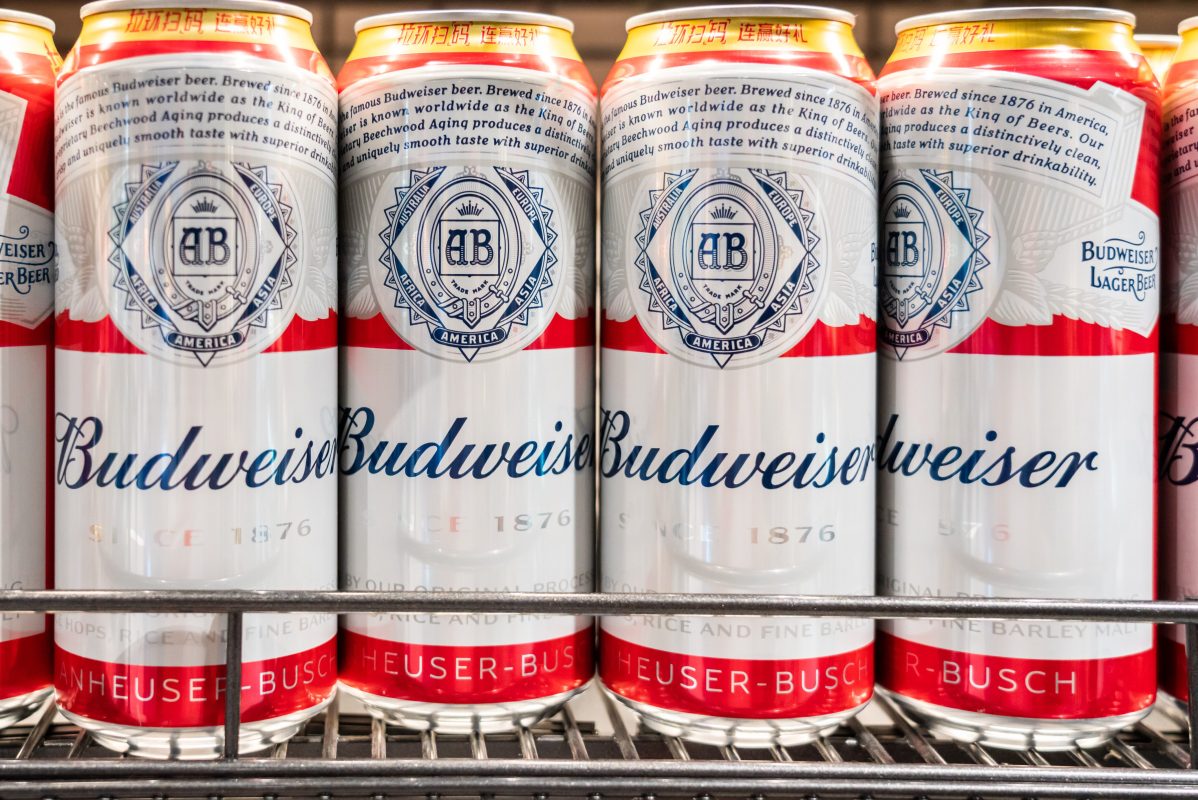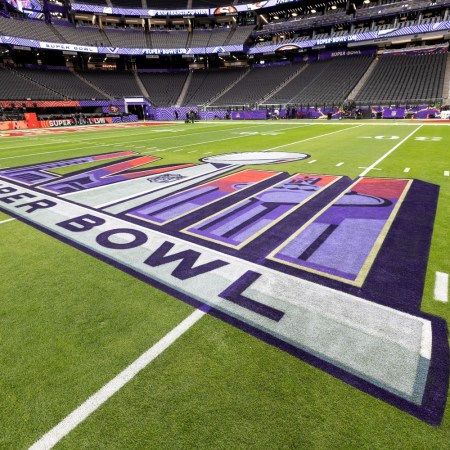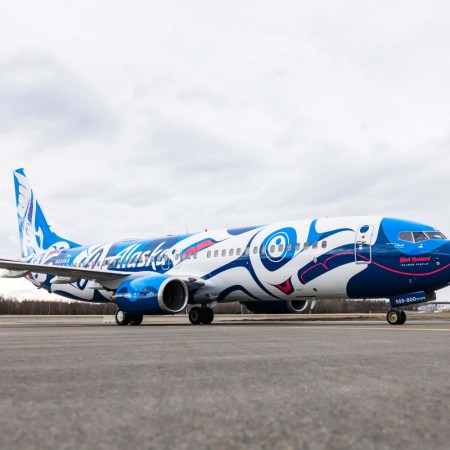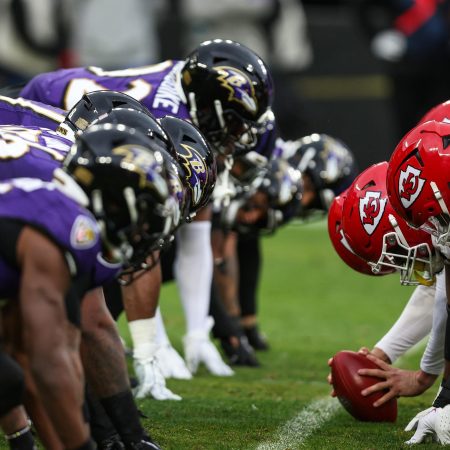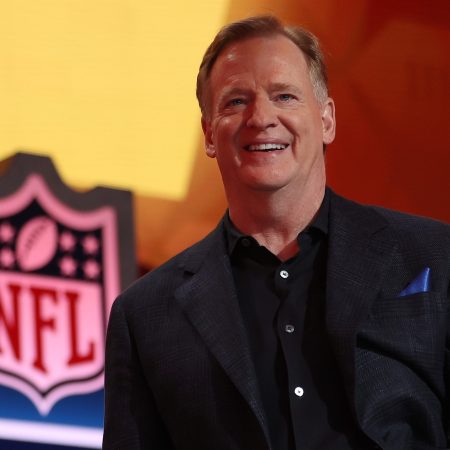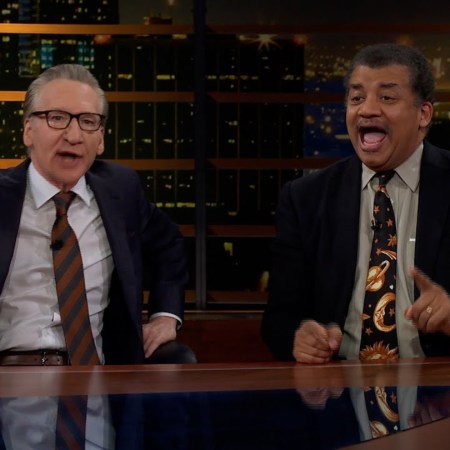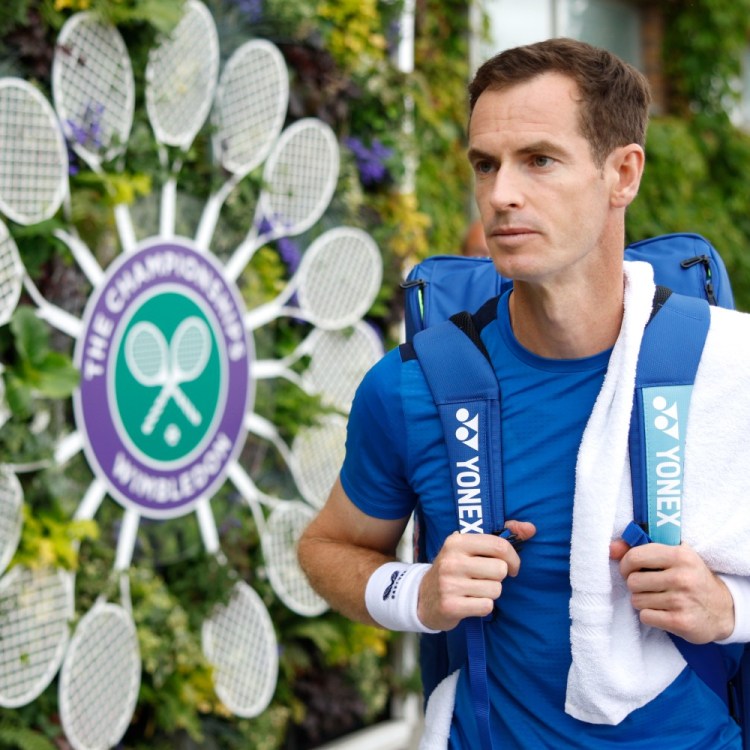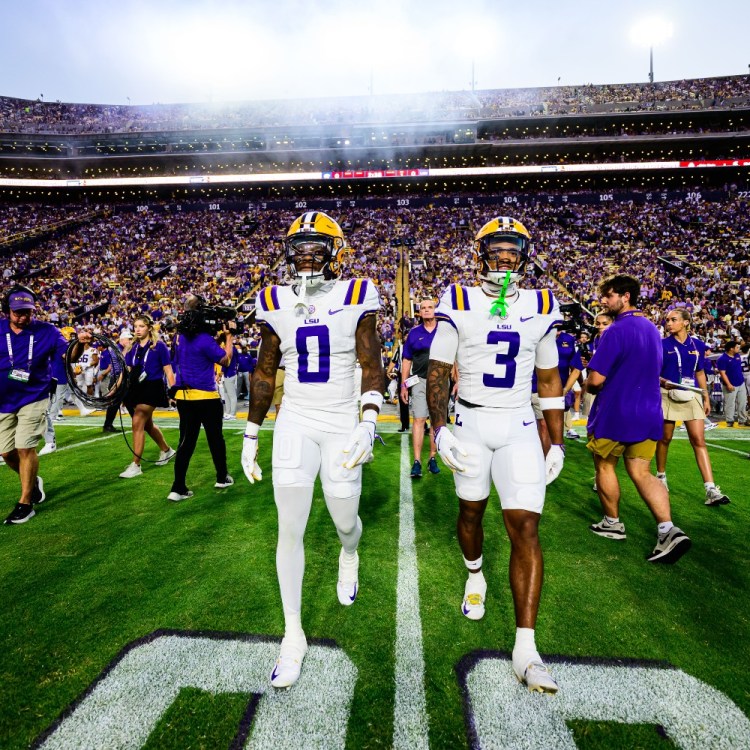For the first time since Super Bowl XVII, when the Redskins beat the Dolphins 27–17 to capture their first championship, Anheuser-Busch won’t be airing an advertisement for Budweiser during the big game.
Instead of spending money on a Budweiser ad, Anheuser-Busch is committing $1 million to marketing campaigns related to COVID-19 vaccine awareness and education, according to The Wall Street Journal.
“We’re still going to reach people during the Super Bowl,” Monica Rustgi, VP of marketing at Budweiser, told The WSJ. “It’s just not going to be in the traditional sense. We’re still using the conversation and the ecosystem around the Super Bowl to send a message, but we’re also helping to be part of the solution so we can all enjoy an ice cold Bud sooner or later.”
Also, though it makes for a good headline, it isn’t as if Anheuser-Busch will be sitting out of advertising during Super Bowl LV completely — not by a long shot. Though Budweiser will not have a dedicated ad during the game, Anheuser-Busch will run spots for Bud Light, Bud Light Seltzer Lemonade, Michelob Ultra and Michelob Ultra Organic Seltzer across four minutes of airtime, according to AdAge. (Four minutes of airtime is the same amount Anheuser-Busch had last year for Super Bowl LIV.)
Budweiser also released a 90-second ad congratulating itself for not advertising.
Also of note, all of the Super Bowl ads Anheuser-Busch will air have been certified as “gold” by the Environmental Media Association, meaning all the spots met an established set of guidelines for sustainable production of TV, movies and events.
ViacomCBS has been seeking $5.5 million for 30-second spots during the game, which also factors into the equation somehow.
That substantial cost is likely one of the reasons other traditional Super Bowl advertisers like Coke, Hyundai and Pepsi will also be skipping this year’s broadcast, though Pepsi is still sponsoring the 12-minute halftime show and will have ample opportunity to promote its products.
A Coke spokesperson told CNBC earlier this month the company was skipping the Super Bowl ad to “ensure we are investing in the right resources during these unprecedented times,” while a Hyundai spokesperson told Ad Age the decision not to advertise on February 7 was “based on marketing priorities.”
Given the events of the past year, from the pandemic to the election to the Black Lives Matter movement, it is possible advertisers are more nervous than usual about how their commercials will be received by a mass audience, University of Virginia assistant marketing professor Kimberly Whitler told USA Today.
“If you are too somber, funny, or incendiary — or if you don’t strike the ‘right’ chord for the moment — the backlash can be significant,” Whitler said. “Everything is magnified. Press — good and bad — is amplified. The risk is simply greater.”
With major brands sitting out, smaller first-time advertisers like Vroom, DoorDash, Scotts Miracle-Gro and Fiverr will be making their Super Bowl debuts.
Whether you’re looking to get into shape, or just get out of a funk, The Charge has got you covered. Sign up for our new wellness newsletter today.
